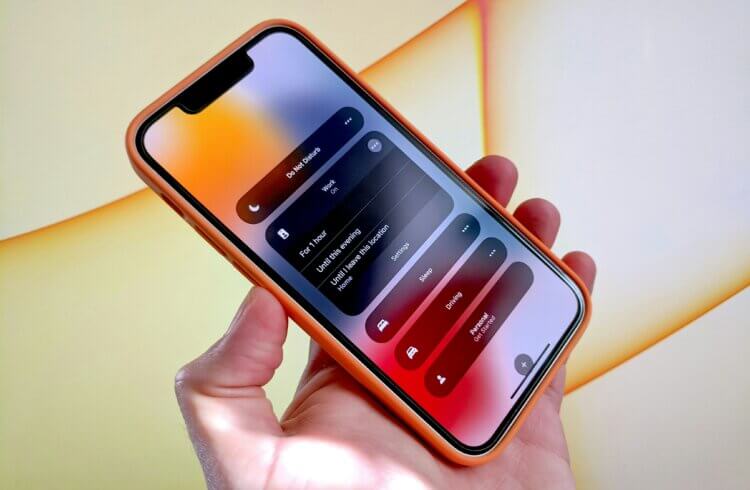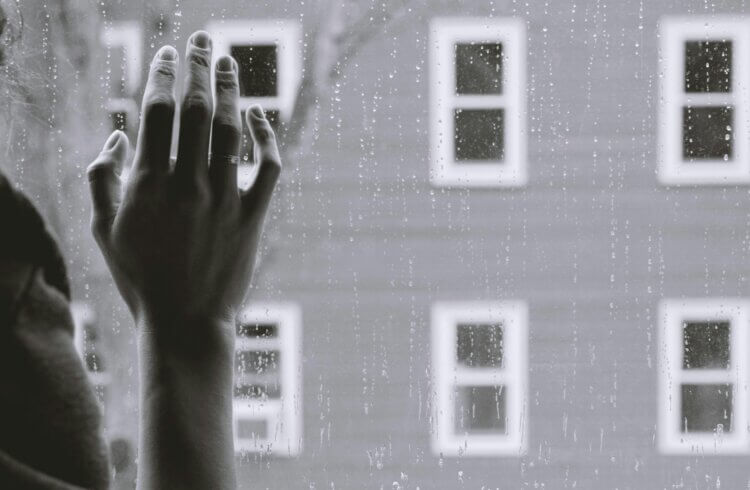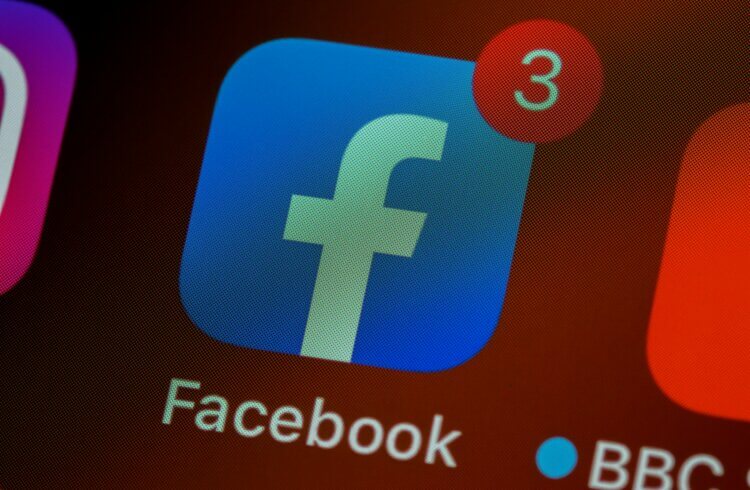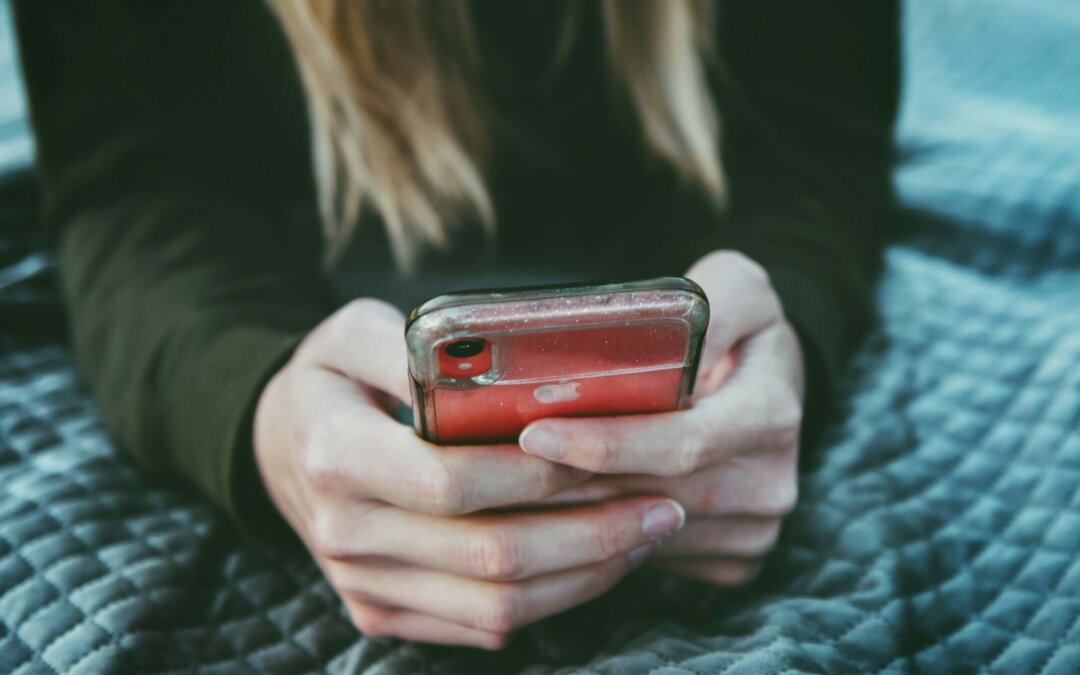How many hours a day do you spend on Social Media? Is it just a few minutes, or does it stretch into hours? How many people did you engage with today through these platforms? Now, let’s consider another aspect – how many people did you interact with in person, in the physical world, today? Is there a significant difference between the two? And when it comes to your online presence, think about what you choose to share – which version of yourself do you share on social media? Is it an accurate representation? Let’s dive into it!
The Negative Impact of Social Media
Comparison and Low Self-esteem
It’s quite simple to be caught up in the comparison trap in the maze that is social media. Every time we read through our feeds, we might view a gallery of the best moments in other people’s lives. Yes, flawless appearances, dream trips, and triumphantly celebrated accomplishments. These images set a standard for success and happiness that appears just out of reach for the typical person. Even if they are frequently carefully selected versions of reality. But, did you know that this constant comparison has a significant negative effect on our self-esteem?
This constant comparisons can be extremely harmful to young people, especially those who are in the crucial stages of forming their identities and self-esteem. It can result in a vicious cycle of low self-esteem, where one’s worth is determined by ephemeral measures like likes, shares, and comments—none of which are reliable indicators of one’s actual value. The need for social media approval can turn into an obsession that eclipses sincere relationships and accomplishments in the real world.
Adopting a self-compassionate perspective and remembering that what we see online is frequently a polished, incomplete snapshot of someone’s life rather than the whole picture are crucial strategies for overcoming the impacts of social media comparison. These emotions of inadequacy can be lessened by supporting material that celebrates the range of human experiences, building spaces where people feel comfortable sharing their challenges as well as their accomplishments and encouraging conversations about the truths behind the posts. Finally, by realizing the false impression of perfection propagated by social media, we may start to value our own experiences as distinctively valuable, flaws and all.

Anxiety and Depression
The link between social media use and depression is alarming. Feelings of isolation and detachment can be made worse by passive content consumption, in which users browse through feeds without really interacting. This is especially true for people who already experience marginalization or isolation in their offline lives. Because social media users regard themselves as outsiders peering in on a world where everyone else appears to be thriving, social media can amplify these feelings.
Studies have shown that spending significant amounts of time on these platforms reports higher levels of stress, anxiety, and depressive symptoms. This is also associated with the interaction of social comparison, FOMO (fear of missing out), and sleep cycles being disturbed by late-night screen activity.
An interdisciplinary strategy is necessary to address the way that social media use affects anxiety and depression. It entails bigger cultural and policy-level reforms in addition to individual awareness and self-regulation when using these platforms. Important first actions include informing people about the possible hazards to their mental health, fostering digital literacy, and supporting the growth of more positive online communities. Furthermore, encouraging offline relationships and activities can act as a vital balance to online interactions, reducing the negative effects of social media on mental health.

The “Meta Gate” and Mark Zuckerberg’s hearing
The widespread concern over the impact of social media on mental health, particularly anxiety and depression, has not only captivated public discourse but has also found its way into the halls of legislative bodies worldwide.
During a significant hearing in the US Senate, Meta CEO Mark Zuckerberg apologized to families affected by the adverse impacts of social media on their children. The hearing, which lasted nearly four hours, saw Zuckerberg and executives from TikTok, Snap, X, and Discord being questioned by senators from both parties on their efforts to protect children online. This session comes as legislation aimed at holding social media companies accountable for content on their platforms makes its way through Congress.
The hearing, attended by families who have suffered due to social media, focused on child protection online, but also touched on a variety of issues, including online sexual exploitation. TikTok’s CEO, Shou Zi Chew, faced questions about data sharing with the Chinese government and his associations, which he denied, emphasizing his Singaporean nationality and parental concern over online safety. The discussion also highlighted the social media industry’s slow progress in addressing safety concerns, with lawmakers expressing frustration over the lack of substantial regulation and the social media bosses revealing the scale of their content moderation teams.
The hearing underscored the urgent need for legislative action to enhance online safety for children, as echoed by parents and former industry insiders advocating for the Kids Online Safety Act. Despite new safety measures announced by Meta, such as restrictions on messaging for minors, the call for a more accountable and safer online environment for teens remains a pressing issue. The repeated nature of these hearings, with little progress toward effective regulation, highlights the ongoing challenge of protecting children in the digital age.

4 Tips for Healthy Social Media Use
- Mindful Usage
Be intentional with your social media use. Utilize apps and tools to monitor and limit your time online. Ask yourself: Is this making me feel good? Is it serving a positive purpose in my life?
- Quality Over Quantity
Focus on engaging with content that enriches and uplifts. Cultivate a feed that reflects your interests and values, and engage in communities that offer support and positivity.
- Digital Detoxes
Regularly stepping away from social media can refresh your perspective and improve your mental well-being. Designate times of the day or specific days when you disconnect and engage with the world offline.
- Seeking Professional Help
If you find that social media is significantly impacting your mental health, it may be time to seek help from a professional. There’s no shame in asking for support in navigating these challenges.
Believe me, I feel you. This comes from a person who had 7.5 hours of screen time per day. But guess what? I started little and now my average is 4 hours. And this is just the beginning!
Pro tip: set easy goals! Don’t use your phone during meals, in the bathroom, or bed. If you’re working, studying, or spending time with your family, turn on the Focus Mode. Set mental alarms for yourself and aim to only use your phone three or four times a day.



